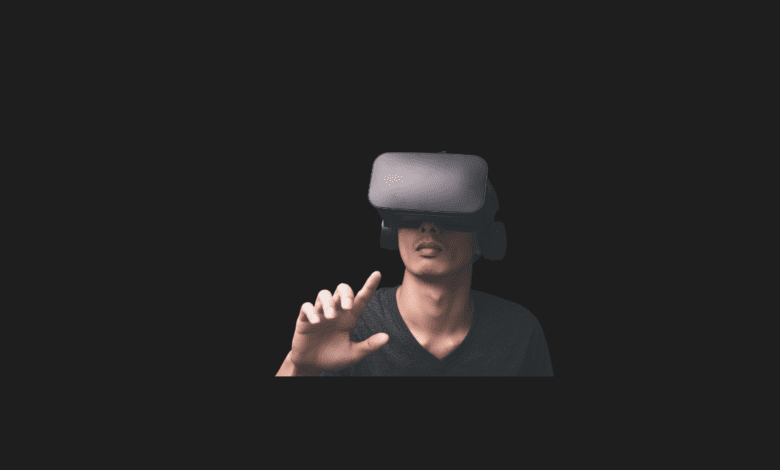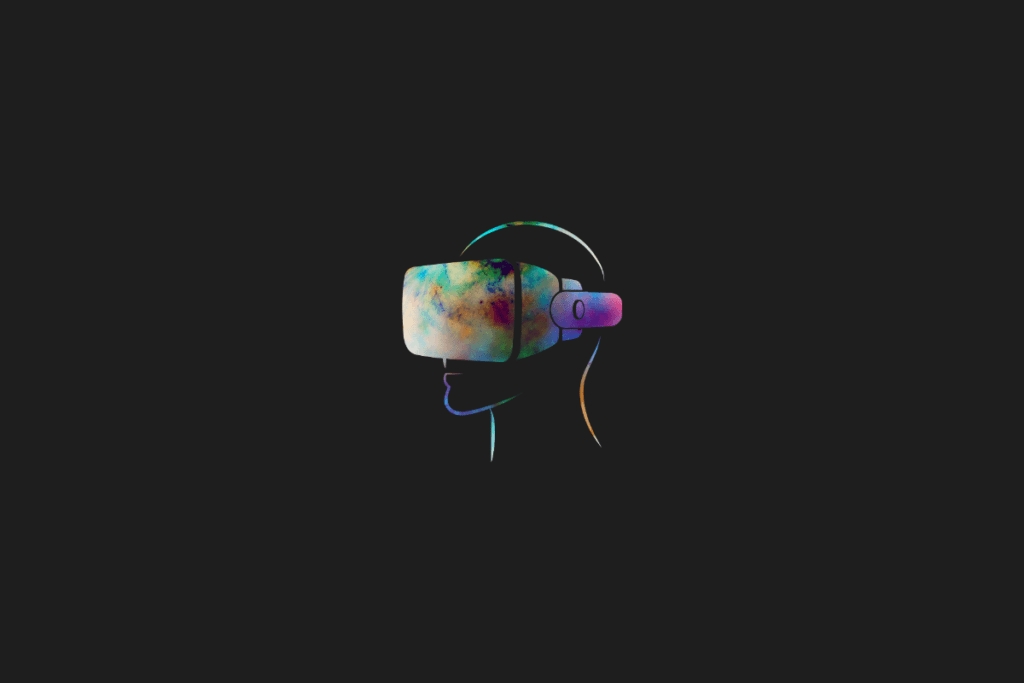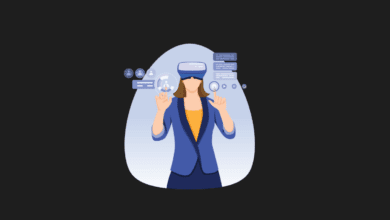The Impact of the Metaverse on Healthcare

The Metaverse, envisioned as an interconnected universe of digital spaces, has the potential to profoundly influence healthcare in various ways.
Although these transformations remain speculative at this stage, swift technological progress provides insights into possible future developments. Here’s an overview of how the Metaverse could impact healthcare:
Telemedicine and Remote Consultations

Virtual healthcare could become even more immersive and interactive. Instead of just video calls, healthcare providers and patients could meet in a virtual clinic, offering a richer, more context-aware experience. Diagnostic tests and scans could be reviewed together in a 3D environment, making consultations more engaging and informative.
Training and Education

Medical students and professionals could benefit from enhanced virtual training programs and educational seminars.
Complex surgeries could be practiced in a risk-free virtual environment, and training could be updated and deployed quickly across geographies. This could lead to more skilled healthcare providers and improved patient outcomes.
Collaboration and Research

Researchers and physicians could collaborate in real-time in virtual labs or conference rooms, irrespective of their physical location. Complex 3D molecular structures could be visualized and manipulated, and new drug formulations could be modeled more efficiently.
Patient Support and Mental Health

Virtual support groups and mental health services could be offered in more interactive and engaging settings. For patients with limited mobility or those living in remote locations, this could be a significant boon. Virtual reality exposure therapy (VRET) is already being explored for treating conditions like PTSD and phobias.
Simulation and Planning

Highly detailed simulations could be used for planning complicated surgeries or medical procedures. Teams could collaboratively engage with these simulations to develop the most effective treatment strategies.
Accessibility

Patients from around the globe could have easier access to specialists and medical services that may not be readily available in their geographic location.
Data Privacy and Security

As with any digital transformation, increased connectivity and data sharing come with risks. Medical data is highly sensitive, and the Metaverse would need robust security measures to protect against unauthorized access and data breaches.
Ethical Considerations

There will be ethical questions to consider, such as equitable access to healthcare services in the Metaverse and the potential for exacerbating healthcare disparities among different socioeconomic groups.
Regulatory Hurdles

Telehealth and remote medicine are already areas subject to significant regulation, and a Metaversal healthcare system would likely face even more scrutiny. Ensuring that such a system is HIPAA-compliant and adheres to other relevant healthcare regulations would be essential.
Hardware Requirements

Advanced hardware and a reliable internet connection may be required to fully utilize healthcare services in the Metaverse, potentially limiting its accessibility.
While the idea of a healthcare-focused Metaverse is exciting, there are numerous logistical, ethical, and regulatory challenges to overcome. Nevertheless, if these challenges can be met, the Metaverse has the potential to revolutionize healthcare, making it more accessible, efficient, and personalized.










